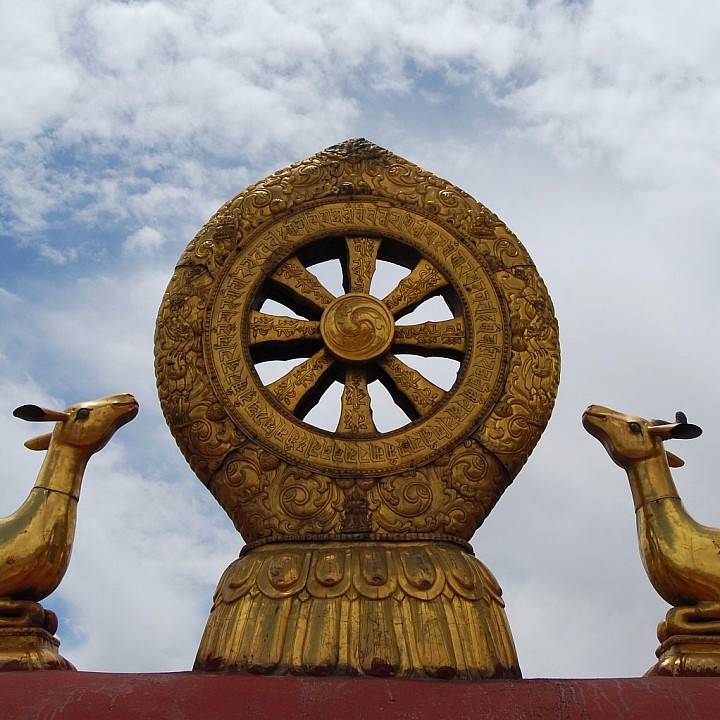Peacegirl is stuck in a karmic conditioned causal loop. Probably unaware. Repetitive conditioned responses. Deterministic predictable responses.
Are you saying hard determinism is self fulfilling? That’s a kind thought. Let it be true for PG, since she is
determined to believe it. But the same quality (self fulfilling) must be granted to the free willies as well, right?
Or are we all, or just some of us, allowed to impose our beliefs upon others? That gets pretty messy.
Determinism and free will for the devotees is fulfilling in the sense a belief in god is fulfilling.
Also from Buddhism the trick is to get above tt all and avoid going down 'illusory' butterfat holes. Easier said then done.
How can we easily get above murder, especially if it is our loved one that is murdered? Teach me how enlightened Buddha?
I am not a teacher, I took away some useful things from Buddhism. I am not a Buddhist. I ascr9be to forethought. as much as possible look at issues and problems without looking through the bias of an ideology.
What Buddha allegedly taught was to live is to suffer. It is inescapable. And we make a lot of our own suffering by what we attach to as value.
The Dali Lama's videos on violence, morality and human suffering are good incites.
In Buddhism as I understand it the goal is it ending your karmic causalities and be at rest or peace. Ending your own self imposed suffering. To me Buddhism is an old practical psychology framed in the culture of the day.
Look at the Buddhist 8 Fold Path. It predates Christianity by about 300 years.

en.wikipedia.org
We are violent primates. As I recall Jane Goodall was a bit shocked when she observed her beloved chimps hunt down another chimp, kill it, ad eat it. One troop will single out a chimp from another troop and kill it and eat it. They fling feces at each other when pissed off.
We are what we are. we share a lot of genes with chimps which is why we study them.
A derail to science.


